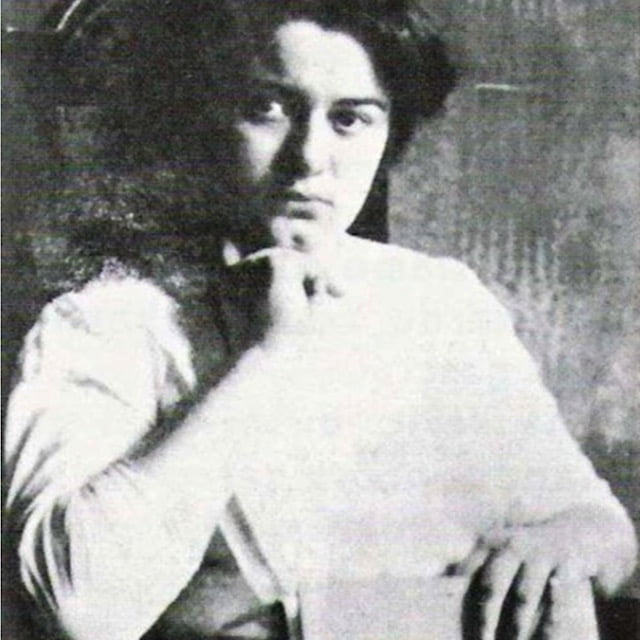“Because my soul has left itself and entered into the divine life, it has become great and expansive” (Essential Writings, p.65). What do these words from Edith Stein mean: ‘Because my soul has left itself…’? Because my soul has surrendered my will…because my soul has died to my small narrow self…because my soul has placed God at the center…because my soul has abandoned itself to the divine mystery…. Then the soul becomes expansive in love and in service when it surrenders itself to the ‘Other’, to God. Jesus is the paradigm of surrender that allows God to work miracles through him, miracles of healing, miracles of love and forgiveness, miracles of salvation. Mutual surrender founded on mutual love: Father to Son, Son to Father. A phrase from John’s gospel for this Fourth Sunday of Lent: “God so loved the world” (3:16), so loved us that he gave to humanity his beloved Son. And Jesus who was like us in all things, except sin, fully human, gives back to God the unconditional love that he has received, lived, and breathed into humankind.
According to the scripture scholar, Fr. John Donahue, the phrase from the gospel of John: ‘God so loved the world that he gave his only Son…’ is one of the most cited texts of the New Testament (Hearing the Word of God, Year B, p.49). Perhaps it is evident why this is so and still it does ask us to ponder why, lest we forget God’s gift to us, a gift that is eternal, endless. ‘God so loved the world’ that he gave: God gave God’s self to us in his Son. This gift as we receive it evokes a like response from us, where we are desiring to give ourselves, not counting the cost…We receive the Divine gift only to the degree that we give God the space to act, to allow grace to flow within us. What creates this space is our surrender…’because my soul has left itself’. We die to ourselves only to re-find ourselves through this encounter with God, through this exchange of Love.
For the soul to become expansive, Edith Stein, in similar words, writes: “What we can and must do is open ourselves to grace; that means to renounce our own will completely and to give it captive to the divine will, to lay our whole soul, ready for reception and formation, into God’s hands” (Essential Writings, p.64). These profound words are at the heart of monastic life, and they are central to the Paschal Mystery: ‘captive to the divine will’, ‘ready for reception and formation’. Fr. Hans Urs von Balthasar comments on this gospel by going straight to the nature of God. He writes: “God is nothing but love, love that goes as far as…sacrificing his Son out of love for the world. There is nothing more for him to give us. The whole question is whether we accept God’s love so that it can prove effective and fruitful in us, or whether we cower in our darkness in order to evade the light of this love” (Light of the Word, p.178). Is it easier to cower in our darkness than to open ourselves to grace in the gesture of surrender?
In St. Paul’s Epistle to the Ephesians (2:4-10) for this Fourth Sunday of Lent, we hear almost the same sentence as in the gospel of John: “Because of the great love God had for us…” To walk with Jesus as we edge closer to Holy Week means we stay grounded in the reality of the Divine nature: ‘God is nothing but love’…we need a living faith to keep this alive in our awareness and within our hearts. ‘Because my soul has left itself’ I have been found, I have been sustained by the ever-flowing Divine grace, grace that brings mercy, wisdom, peace, in the midst of fears.
Sr. Kathy DeVico, Abbess
Chapter Talk – Fourth Sunday of the Year – March 10, 2024, cycle-B


